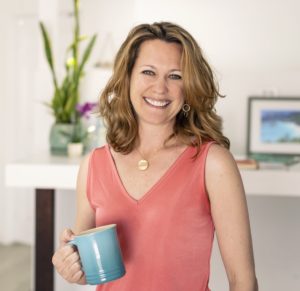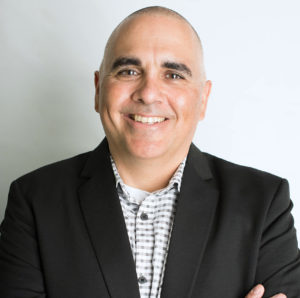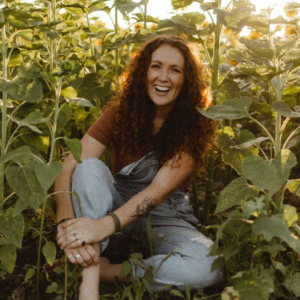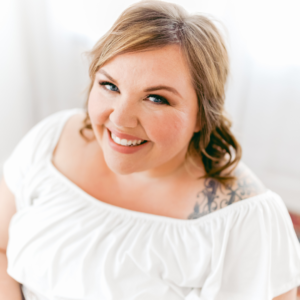I'm so excited to introduce you to this week's guest on Pep Talks for Side Hustlers, Girija Patel!
Girija is a licensed attorney in Texas and her practice focuses on assisting creative and other entrepreneurs to create a solid legal foundation and craft legal solutions for their businesses at any point in the business cycle. She's a mom to two amazing children, a wife, and an entrepreneur.
Push play to listen to this week's episode, or read the full transcript below!






